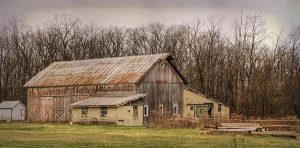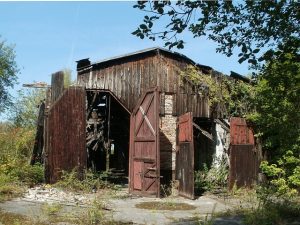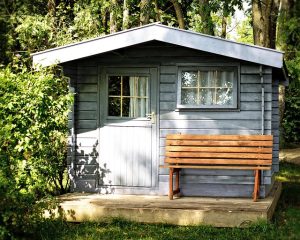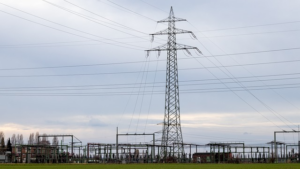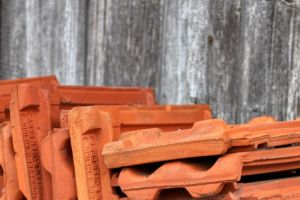Designing Durable Farm Sheds for Albury’s Climate: Materials and Strategies for Optimal Hay Storage
In Albury, NSW, modern farm sheds are expertly designed to withstand the region's challenging climate, which ranges from intense UV and hot summers to cool and sometimes wet winters. These structures are built with resilient color steel an…….
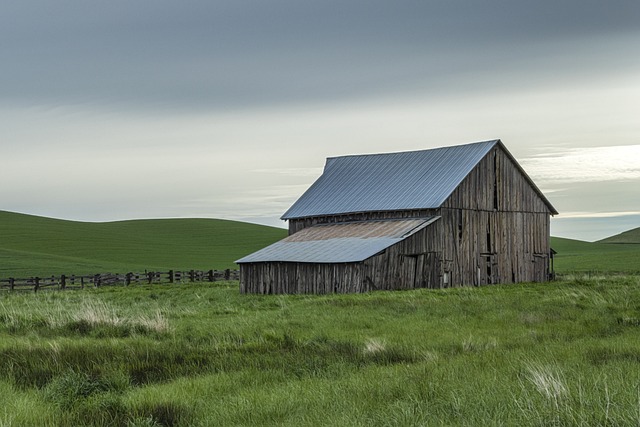
In Albury, NSW, modern farm Sheds Albury are expertly designed to withstand the region's challenging climate, which ranges from intense UV and hot summers to cool and sometimes wet winters. These structures are built with resilient color steel and high-tensile steel frames, featuring innovative design elements like strategic orientation, optimal roofing selection, and effective ventilation systems to protect agricultural assets like hay. They are anchored securely to handle Albury's common wind patterns and heavy rainfall. Water collection systems are a key component, allowing for the sustainable use of rainwater in irrigation and animal consumption during dry periods. The adoption of these advanced farm Sheds Albury is essential for maintaining farming efficiency and sustainability in Albury, reflecting a commitment to adapting agricultural practices to environmental challenges. The evolution from traditional timber hay Sheds Albury to these modern steel structures has been driven by the need for improved durability, ventilation, and energy efficiency, reducing maintenance and environmental impact. These upgraded farm Sheds Albury are a testament to Albury's innovative approach to agricultural infrastructure, balancing environmental stewardship with economic sustainability.
In the heart of New South Wales, Albury’s distinctive climatic conditions necessitate robust and efficient farm structures. This article delves into the essential considerations for constructing hay sheds that withstand the region’s diverse weather patterns. From material selection to innovative design features, we explore how farm shed designs have evolved to meet the challenges of Albury’s seasons, ensuring optimal hay storage. With a focus on best practices in construction and insights from successful case studies within the Albury region, this piece aims to equip farmers with knowledge vital for their agricultural endeavors. Farm Sheds, as integral components of modern farming, are the subject of our analysis, highlighting the synergy between design, materials, and environmental factors for sustainable and productive outcomes.
- Understanding Albury's Climatic Conditions and Their Impact on Farm Shed Design
- The Evolution of Hay Sheds: Material Selection for Durability in Albury's Environment
- Best Practices for Construction: Building Farm Sheds to withstand Albury's Seasonal Variations
- Innovative Features: Ventilation and Insulation Techniques for Optimal Hay Storage
- Case Studies: Successful Farm Shed Implementations in the Albury Region
Understanding Albury's Climatic Conditions and Their Impact on Farm Shed Design
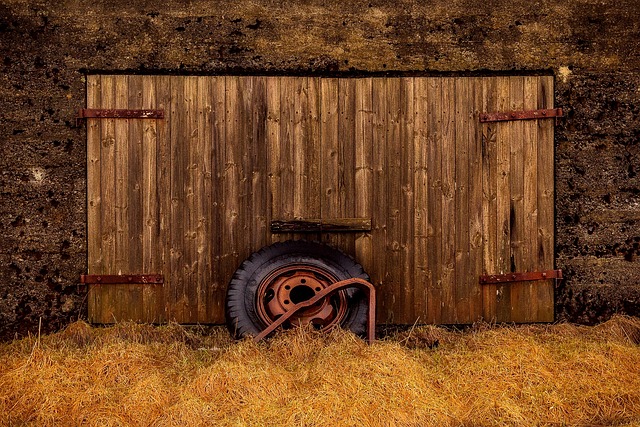
In Albury, a region situated in the south-eastern part of New South Wales, Australia, farm sheds are meticulously designed to withstand a variety of climatic conditions. The area experiences a range of weather patterns, from hot and dry summers to mild and occasionally wet winters. This variability necessitates that farm sheds are engineered with robust materials and innovative design features to protect agricultural machinery, feed, and livestock. The shed’s orientation, roofing materials, and ventilation systems are all tailored to ensure they mitigate the effects of intense UV radiation in summer while providing sufficient insulation against cold fronts in winter.
The design of farm sheds in Albury must also account for the prevalent wind patterns and heavy rainfall that can occur throughout the year. Adequate anchoring and reinforced structures are essential to prevent damage from storms. Additionally, water collection systems are integrated into the shed’s design to harness rainwater, which is a valuable resource for irrigation and animal consumption during drier periods. The choice of materials such as color steel, known for its durability and resilience against the elements, further enhances the longevity and performance of farm sheds in Albury’s unique climatic conditions. Farmers in the region rely on these purpose-built structures to ensure the safety and integrity of their operations, making farm shed design a critical aspect of sustainable and effective farming practices in Albury.
The Evolution of Hay Sheds: Material Selection for Durability in Albury's Environment
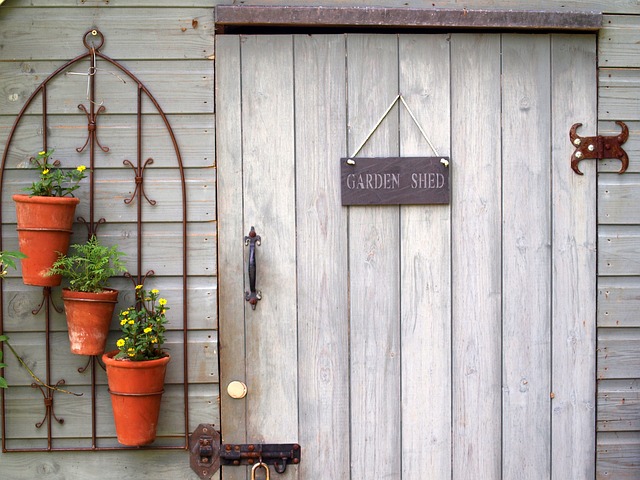
In Albury, a region characterized by its distinct climatic conditions, the evolution of farm sheds, particularly hay sheds, has been driven by the necessity to withstand harsh environmental elements. Traditionally constructed from timber, these structures have evolved over time to incorporate materials that offer greater durability and longevity. Today, high-tensile steel frames paired with Colorbond® cladding are prevalent in Albury’s farm sheds due to their ability to resist the area’s combination of intense UV radiation, fluctuating temperatures, and potential for heavy rainfall or drought. These materials not only ensure the hay remains dry and protected but also allow for better ventilation and energy efficiency, which is crucial for maintaining hay quality over extended periods. The design of these sheds has also adapted to include features like larger eaves and strategic roof pitches that aid in channeling wind and rain away from the structure, further enhancing their resilience.
The selection of materials for Albury’s farm sheds is a testament to the region’s commitment to sustainable farming practices. The use of sustainable and recyclable materials like steel not only reduces the environmental impact but also contributes to the longevity of the shed, minimizing the need for frequent repairs or replacements. Additionally, the integration of modern insulation techniques within these structures ensures that the hay remains in optimal condition, whether during storage or when being processed for livestock feed. This evolution from traditional wooden sheds to advanced, weather-resistant steel structures represents a significant advancement in agricultural infrastructure, showcasing Albury’s adaptability and commitment to both environmental stewardship and economic sustainability.
Best Practices for Construction: Building Farm Sheds to withstand Albury's Seasonal Variations

Innovative Features: Ventilation and Insulation Techniques for Optimal Hay Storage
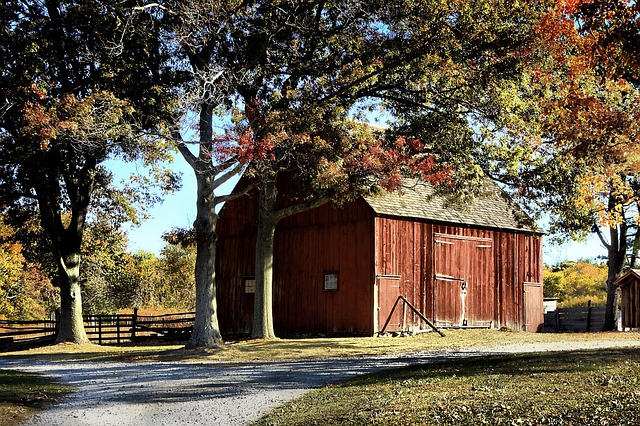
In the design and construction of farm sheds tailored for Albury’s diverse weather conditions, innovative features such as advanced ventilation and insulation techniques play a pivotal role in ensuring optimal hay storage. These structures are not merely repositories; they are precision-engineered environments that cater to the needs of hay preservation. The strategic placement of ventilators and ridge vents in farm sheds allows for natural airflow, which significantly reduces humidity and moisture levels, thereby minimizing the risk of mold and dampness that can compromise hay quality. This climatic control extends the shelf life of the stored hay, maintaining its nutritional value for livestock consumption over extended periods.
Furthermore, insulation materials have evolved to meet the stringent requirements of thermal regulation. High-density polyurethane foam, combined with reflective linings, ensures that heat is efficiently managed during Albury’s hot summer days and retained during the cold winters. This dual functionality prevents the extreme temperatures from affecting the hay adversely, ensuring that it remains in prime condition for use. The integration of these features into farm sheds reflects a deep understanding of the local climate and the needs of agricultural operations, making them not just structures but smart solutions for maintaining hay integrity.
Case Studies: Successful Farm Shed Implementations in the Albury Region
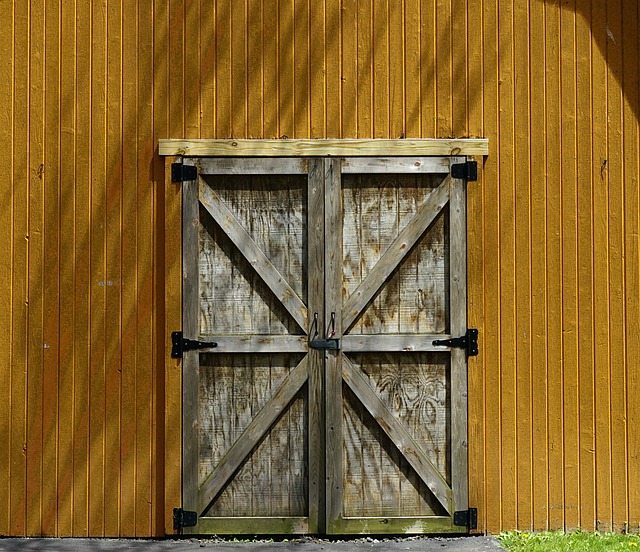
In conclusion, the design and construction of farm sheds in Albury must account for the region’s distinctive climatic conditions. By integrating durable materials and embracing innovative features such as advanced ventilation and insulation, these structures not only serve their intended purpose efficiently but also stand the test of time against the seasonal variations typical to the area. The case studies from the Albury region demonstrate the tangible benefits of adhering to best practices in farm shed construction, showcasing how these practices can lead to successful and sustainable agricultural operations. Investing in well-designed farm sheds, as detailed throughout this article, is not just a matter of practicality but also an investment in the resilience and productivity of Albury’s farming community.
